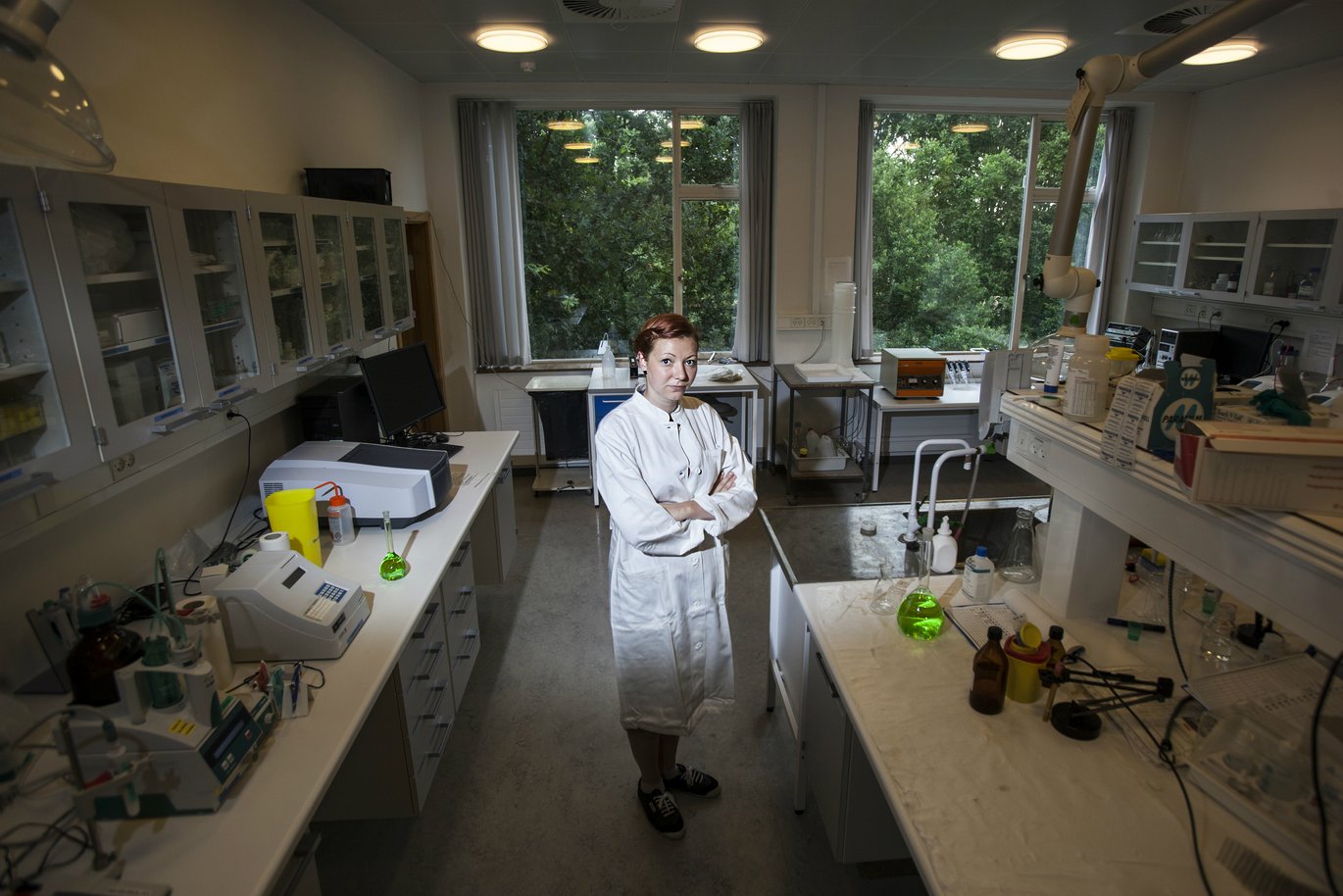Large decline in the number of laboratory trainees at AU
In less than a year the number of laboratory trainees at AU has fallen from seventeen to six, meaning the university may find it difficult to recruit qualified laboratory staff in the future.

Last year the senior management team decided that the departments would have to finance the salaries of laboratory trainees themselves from 1 January. Financing previously came from a central pool. This has resulted in a massive decline in the number of laboratory trainees at AU. Figures from AU HR show that 17 laboratory trainees were employed at AU in November last year. In less than a year that figure has fallen to five laboratory trainees at Science and Technology and one at Health. These are the two main academic areas that employ laboratory trainees. The reason for the decline is that the majority of laboratory trainee positions were not re-advertised.
Worrying development
Laboratory Coordinator Anni Christensen from the Department of Molecular Biology and Genetics was responsible for the department's eight trainees last year. This year the department does not have any laboratory trainees, and that development worries her.
"The lack of trainees gives us a recruitment problem. We have previously recruited from among our own trainees who know the department and are familiar with the world of research. But in the future we could be forced to recruit from the private sector."
Her colleague, Laboratory Technician Bettina Winther Grumsen from the Department of Biomedicine, describes the same development:
"The number of laboratory trainees has gone downhill since it was announced that the departments had to pay for them themselves. Before that we had a trainee at the Department of Biomedicine and another at the Department of Forensic Medicine. But now we have only one laboratory trainee left at Health and that position will probably not be re-advertised."
She is also concerned that they will end up lacking talented colleagues.
"It cuts off the food chain. I can see that the researchers prefer laboratory technicians who trained here rather than the ones trained by industry. We typically work on a project basis and in research groups, whereas laboratory work in industry is often more routine. So it could be difficult to recruit people who are already well-qualified."
Obligated to train laboratory technicians
The two laboratory technicians also point out that AU is under a moral obligation to contribute to the training of qualified candidates, both because it is a research institution that employs lab technicians and because it is an educational institution.
"We ought to make a commitment to take on laboratory trainees and pay them from a central pool," says Anni Christensen.
Translated by Peter Lambourne.

